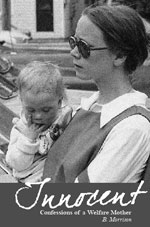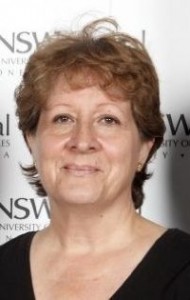
People—me included—love reading memoirs because they are true stories that give us insight into someone else’s experience. Memoirs differ from autobiographies in that they only cover a short period of time, not an entire life. Also, they are understood to be the author’s experience rather than an objective document. Here are five things to consider when writing a memoir:
1. What is the purpose of your memoir?
You can write a memoir as therapy, an effective way to understand and cope with a confusing or traumatic experience. As Abigail Thomas says, “Writing memoir is a way to figure out who you used to be and how you got to be who you are.”
Continue reading “Writing a Memoir: Five Things to Consider by Barbara Morrison”



